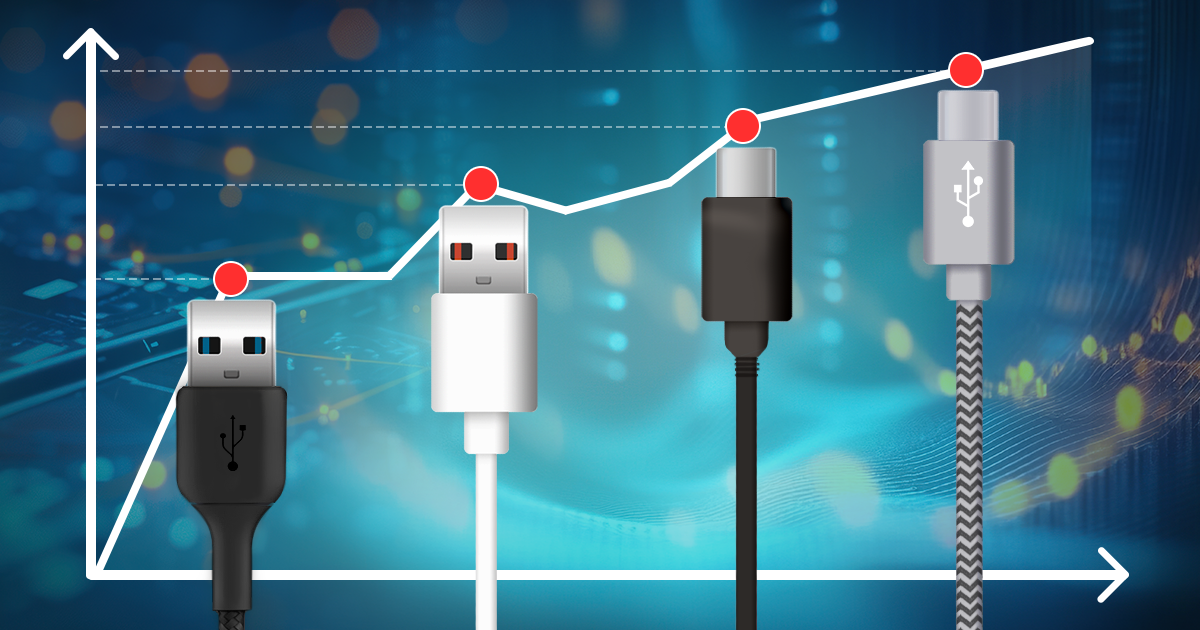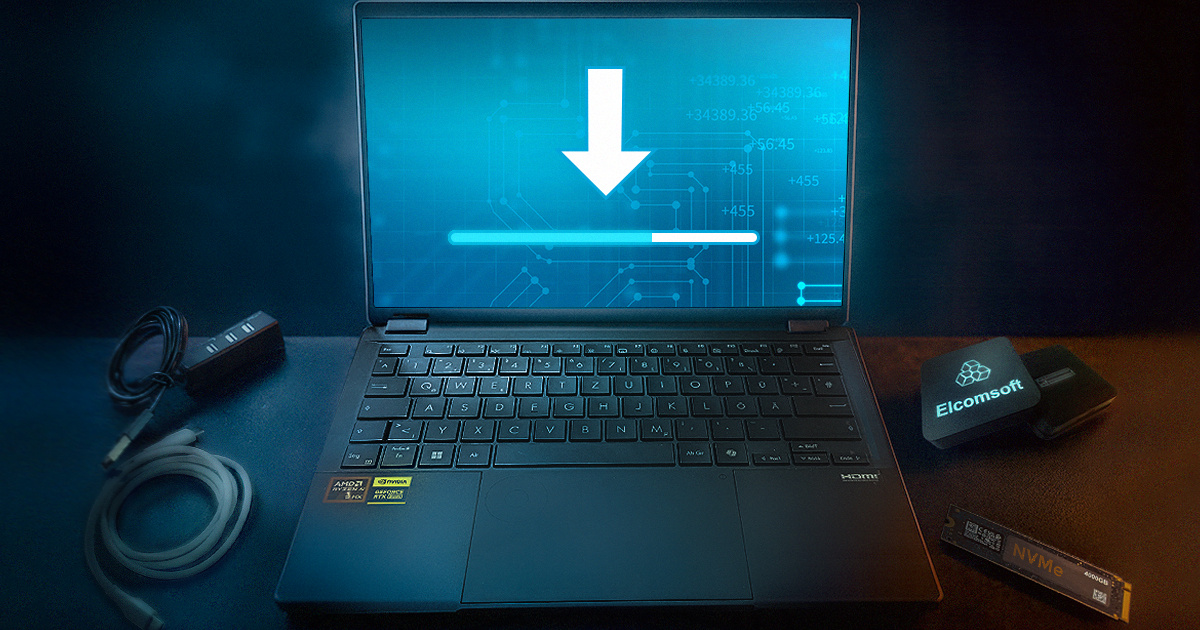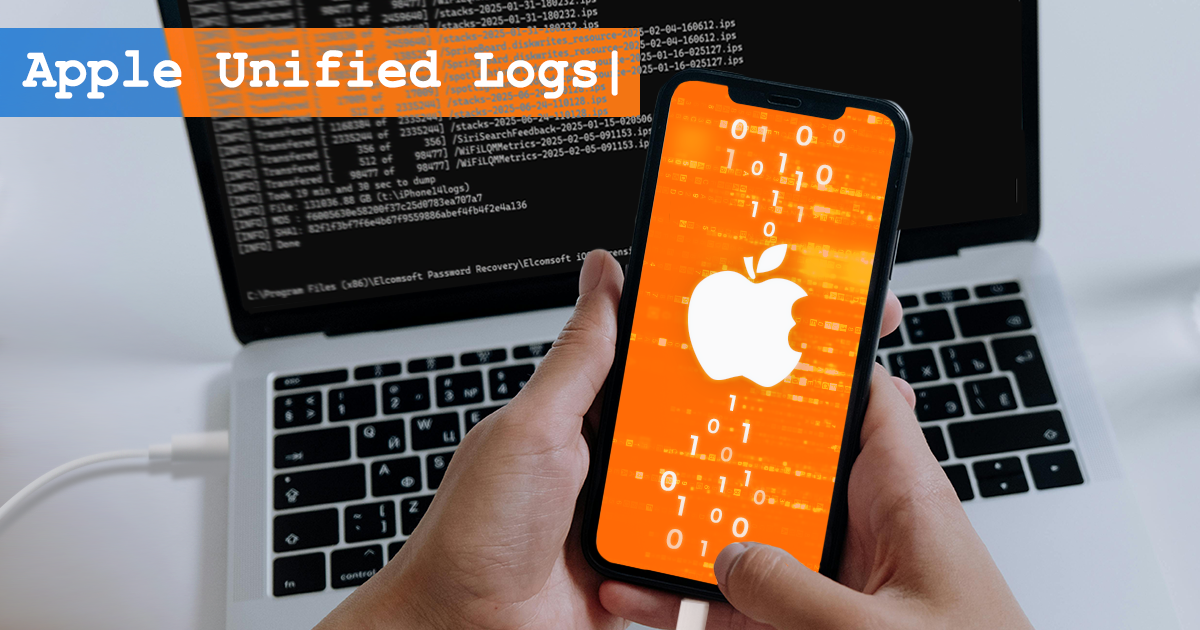ElcomSoft Decrypts BitLocker, PGP and TrueCrypt Containers
December 20th, 2012 by Vladimir Katalov
Category: «Cryptography», «Did you know that...?», «Elcomsoft News», «General», «Hardware», «Industry News», «Security», «Software», «Tips & Tricks»
 BitLocker, PGP and TrueCrypt set industry standard in the area of whole-disk and partition encryption. All three tools provide strong, reliable protection, and offer a perfect implementation of strong crypto.
BitLocker, PGP and TrueCrypt set industry standard in the area of whole-disk and partition encryption. All three tools provide strong, reliable protection, and offer a perfect implementation of strong crypto.
Normally, information stored in any of these containers is impossible to retrieve without knowing the original plain-text password protecting the encrypted volume. The very nature of these crypto containers suggests that their target audience is likely to select long, complex passwords that won’t be easy to guess or brute-force. And this is exactly the weakness we’ve targeted in our new product: Elcomsoft Forensic Disk Decryptor.
The Weakness of Crypto Containers
The main and only weakness of crypto containers is human factor. Weak passwords aside, encrypted volumes must be mounted for the user to have on-the-fly access to encrypted data. No one likes typing their long, complex passwords every time they need to read or write a file. As a result, keys used to encrypt and decrypt data that’s being written or read from protected volumes are kept readily accessible in the computer’s operating memory. Obviously, what’s kept readily accessible can be retrieved near instantly by a third-party tool. Such as Elcomsoft Forensic Disk Decryptor.
Retrieving Decryption Keys
In order to access the content of encrypted containers, we must retrieve the appropriate decryption keys. Elcomsoft Forensic Disk Decryptor can obtain these keys from memory dumps captured with one of the many forensic tools or acquired during a FireWire attack. If the computer is off, Elcomsoft Forensic Disk Decryptor can retrieve decryption keys from a hibernation file. It’s important that encrypted volumes are mounted at the time a memory dump is obtained or the PC goes to sleep; otherwise, the decryption keys are destroyed and the content of encrypted volumes cannot be decrypted without knowing the original plain-text password.
“The new product includes algorithms allowing us to analyze dumps of computers’ volatile memory, locating areas that contain the decryption keys. Sometimes the keys are discovered by analyzing byte sequences, and sometimes by examining crypto containers’ internal structures. When searching for PGP keys, the user can significantly speed up the process if the exact encryption algorithm is known.”
It is essential to note that Elcomsoft Forensic Disk Decryptor extracts all the keys from a memory dump at once, so if there is more than one crypto container in the system, there is no need to re-process the memory dump.
Using forensic software for taking snapshots of computers’ memory is nothing new. The FireWire attack method existed for many years, but for some reason it’s not widely known. This method is described in detail in many sources such as http://www.securityresearch.at/publications/windows7_firewire_physical_attacks.pdf or http://www.hermann-uwe.de/blog/physical-memory-attacks-via-firewire-dma-part-1-overview-and-mitigation
The FireWire attack method is based on a known security issue that impacts FireWire / i.LINK / IEEE 1394 links. One can take direct control of a PC or laptop operating memory (RAM) by connecting through a FireWire. After that, grabbing a full memory dump takes only a few minutes. What made it possible is a feature of the original FireWide/IEEE 1394 specification allowing unrestricted access to PC’s physical memory for external FireWire devices. Direct Memory Access (DMA) is used to provide that access. As this is DMA, the exploit is going to work regardless of whether the target PC is locked or even logged on. There’s no way to protect a PC against this threat except explicitly disabling FireWire drivers. The vulnerability exists for as long as the system is running. There are many free tools available to carry on this attack, so Elcomsoft Forensic Disk Decryptor does not include a module to perform one.
If the computer is turned off, there are still chances that the decryption keys can be retrieved from the computer’s hibernation file. Elcomsoft Forensic Disk Decryptor comes with a module analyzing hibernation files and retrieving decryption keys to protected volumes.
Complete Decryption and On-the-Fly Access
With decryption keys handy, Elcomsoft Forensic Disk Decryptor can go ahead and unlock the protected disks. There are two different modes available. In complete decryption mode, the product will decrypt everything stored in the container, including any hidden volumes. This mode is useful for collecting the most evidence, time permitting.
In real-time access mode, Elcomsoft Forensic Disk Decryptor mounts encrypted containers as drive letters, enabling quick random access to encrypted data. In this mode files are decrypted on-the-fly at the time they are read from the disk. Real-time access comes handy when investigators are short on time (which is almost always the case).
We are also adding True Crypt and Bitlocker To Go plugins to Elcomsoft Distributed Password Recovery, enabling the product to attack plain-text passwords protecting the encrypted containers with a range of advanced attacks including dictionary, mask and permutation attacks in addition to brute-force.
Unique Features
The unique feature of Elcomsoft Forensic Disk Decryptor is the ability to mount encrypted disks as a drive letter, using any and all forensic tools to quickly access the data. This may not seem secure, and may not be allowed by some policies, but sometimes the speed and convenience is everything. When you don’t have the time to spend hours decrypting the entire crypto container, simply mount the disk and run your analysis tools for quick results!
More Information
More information about Elcomsoft Forensic Disk Decryptor is available on the official product page at http://www.elcomsoft.com/efdd.html


